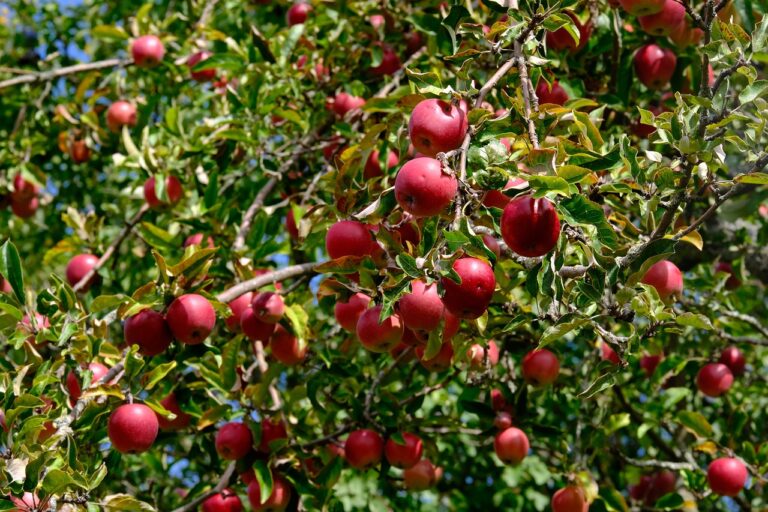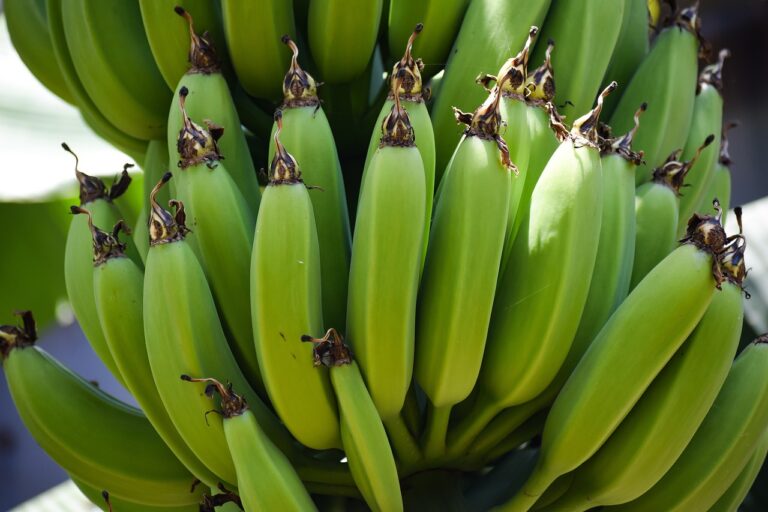Biotechnology Approaches for Sustainable Tourism Development: Betbhai9 sign up, Playexchange login, Lotus365 vip login
betbhai9 sign up, playexchange login, lotus365 vip login: Biotechnology Approaches for Sustainable Tourism Development
When we think of sustainable tourism development, practices like reducing plastic waste or supporting local communities often come to mind. However, biotechnology is also playing a crucial role in advancing sustainability within the tourism industry. From improving waste management to enhancing biodiversity conservation, biotechnology offers innovative solutions to help protect our planet while promoting tourism.
Waste Management Solutions
One of the significant challenges in the tourism industry is managing waste efficiently, especially in popular tourist destinations. Biotechnology offers sustainable solutions to this issue by introducing novel waste management techniques. For example, microbial bioremediation can be used to break down pollutants in wastewater, reducing environmental impact and promoting cleaner water bodies.
Biodiversity Conservation
Protecting biodiversity is essential for maintaining ecosystems and preserving natural resources. Biotechnology can aid in biodiversity conservation efforts by providing tools for genetic analysis and conservation breeding programs. Through genetic engineering and DNA sequencing technologies, scientists can better understand and protect endangered species, ensuring their survival for future generations to enjoy.
Climate Change Mitigation
Climate change poses a significant threat to the tourism industry, impacting everything from extreme weather events to sea-level rise. Biotechnology offers innovative solutions for mitigating climate change effects, such as developing biodegradable materials and creating carbon-neutral tourism practices. By adopting biotechnological approaches, the tourism industry can reduce its carbon footprint and promote sustainable travel practices.
Health and Safety Measures
Ensuring the health and safety of tourists and local communities is paramount for sustainable tourism development. Biotechnology plays a vital role in this aspect by providing advanced diagnostics, vaccines, and treatment options for infectious diseases. Additionally, biotechnological innovations like nanotechnology-based sunscreen products can help protect tourists from harmful UV radiation, promoting safer and healthier travel experiences.
Community Engagement and Empowerment
Biotechnology can also empower local communities in tourist destinations by creating economic opportunities and promoting sustainable livelihoods. For example, biotech companies can collaborate with community members to develop eco-friendly products or services that cater to tourists’ preferences for sustainable and ethical tourism experiences. By fostering community engagement, biotechnology contributes to the overall social and economic development of tourism destinations.
Sustainable Agriculture and Food Security
Supporting sustainable agriculture practices is essential for ensuring food security and promoting sustainable tourism development. Biotechnology offers solutions for enhancing crop productivity, reducing pesticide use, and improving soil fertility, contributing to sustainable food production in tourist destinations. By integrating biotechnological approaches into agricultural practices, the tourism industry can support local farmers and promote sustainable food systems.
In conclusion, biotechnology plays a vital role in advancing sustainable tourism development by offering innovative solutions for waste management, biodiversity conservation, climate change mitigation, health and safety measures, community empowerment, and sustainable agriculture. By adopting biotechnological approaches, the tourism industry can promote environmentally friendly and socially responsible practices, creating a more sustainable and resilient future for the tourism sector.
FAQs
1. How can biotechnology help reduce plastic waste in the tourism industry?
Biotechnology offers solutions for developing biodegradable materials and alternative packaging options, reducing the reliance on single-use plastics in the tourism sector.
2. What role does biotechnology play in biodiversity conservation efforts?
Biotechnology provides tools for genetic analysis, conservation breeding programs, and habitat restoration initiatives, aiding in the protection and preservation of endangered species and ecosystems.
3. How can biotechnology contribute to climate change mitigation in the tourism industry?
Biotechnological innovations like carbon-neutral tourism practices, renewable energy solutions, and sustainable transportation options can help reduce the tourism sector’s carbon footprint and mitigate the effects of climate change.
4. How does biotechnology promote community engagement and empowerment in tourist destinations?
Biotechnology can empower local communities by creating economic opportunities, developing eco-friendly products or services, and fostering collaborative partnerships that benefit both tourists and community members.
5. What are some examples of biotechnological applications in sustainable agriculture for tourism?
Biotechnology can enhance crop productivity, improve soil fertility, and reduce pesticide use in agricultural practices, promoting sustainable food production and supporting local farmers in tourist destinations.







